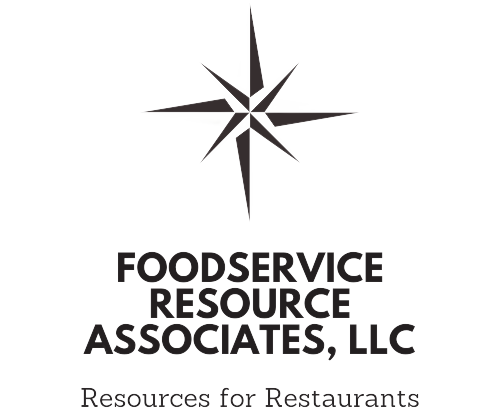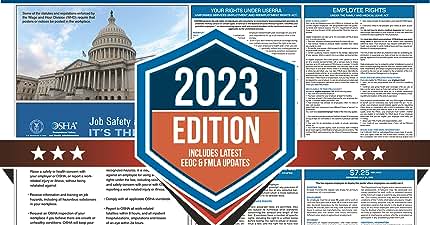National Resources
To launch a FoodService Operation successfully, understanding federal rules and regulations across labor laws, food codes, and licensing is crucial. Labor laws enforced at the federal level cover fundamental aspects. The Family and Medical Leave Act (FMLA) ensures eligible employees can take unpaid, job-protected leave for specific family and medical reasons, safeguarding their positions within the company.
Food code regulations, although often varying by state, encompass critical federal guidelines for safety and hygiene in food preparation, handling, and serving. These regulations are designed to protect consumers from health risks associated with improperly handled food items and maintain standards across the industry.
Regarding business licensing, compliance involves various steps. It includes registering the business entity, adhering to zoning laws, obtaining permits related to health and safety, and acquiring specific licenses pertinent to the industry, such as food service licenses or retail permits.
State Governments
State government resources encompass a range of support mechanisms, from regulatory frameworks to financial assistance and informational resources, crucial for entrepreneurs navigating the complex landscape of starting a restaurant.
State government agencies play pivotal roles in overseeing foodservice operations’ compliance and safety. Food safety regulations are enforced by specific agencies dedicated to ensuring compliance in FoodService Operations.
Find out how to contact your state or territory, its governor, and major state agencies.
Local Governments
FoodService Resource Associates, LLC plays a vital role in supporting restaurants by aiding them in navigating the intricate landscape of local regulations and resources crucial for a successful launch.
We stand as an invaluable ally, empowering restaurants with the knowledge and tools necessary to navigate local regulations, meet standards, and carve a path toward a thriving and compliant business venture.
FoodServiceResource.com acts as a knowledgeable partner, offering tailored guidance and tools such as customized business plans, Guides, and Checklists to help you get your business open on time!
Find contact information for local governments by state.

